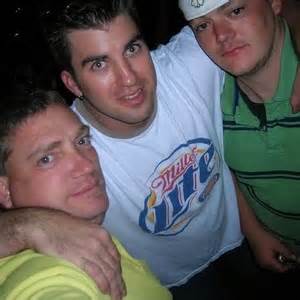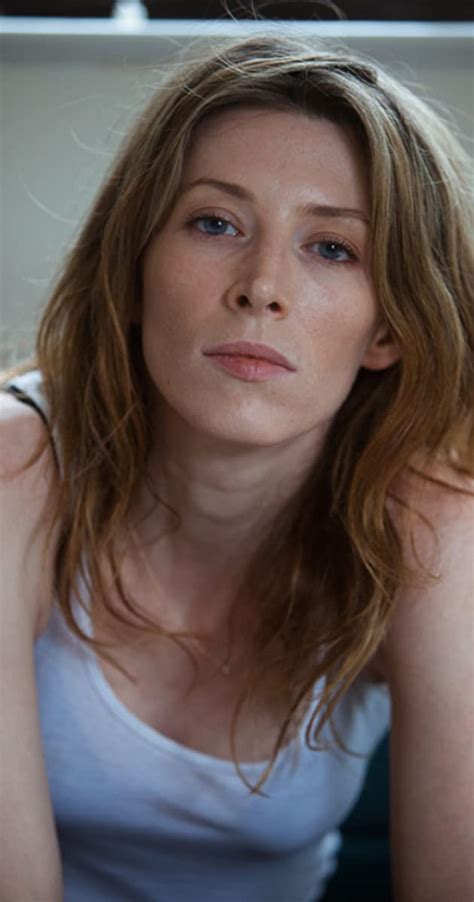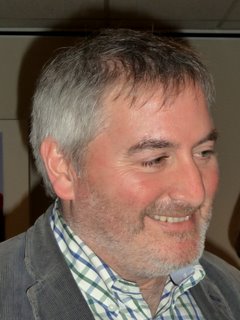A Quote by Gary Ross
Why is every great children's story about a journey? Maybe that's because we are always on one.
Related Quotes
I wrote The Jesus Storybook Bible because I wanted children to know the Bible isn't mainly about you and what you're supposed to be doing. It's about God and what he has done. It's the story of how God loves his children and comes to rescue them. It's a Love Story. It's an Adventure Story. And at the center of the story is a baby - the child upon whom everything would depend. And every single story in the Bible whispers his name.
The anti-hero or hero usually has a journey or quest so they are interesting as you find out what's going to happen, what they are looking for. What are they trying to do? Sometimes what they do is heroic or comes with a price or sacrifice or maybe the way they do things isn't so great and that's when they become anti-heroes. But the journey of an anti-hero combined with a good story done well is always worthwhile.
As a culture, we believe that if we kill something, we've killed the issue. That's why so many books end with death, why so many plays end with death, because it's full resolution. I'm always curious to know what happens after Romeo and Juliet die. In a way, that's the beginning of the story. Maybe beyond the story is even better.
And nothing inspires as much shame as being a parent. Children confront us with our paradoxes and hypocrisies, and we are exposed. You need to find an answer for every why — Why do we do this? Why don’t we do that? — and often there isn’t a good one. So you say, simply, because. Or you tell a story that you know isn’t true. And whether or not your face reddens, you blush. The shame of parenthood — which is a good shame — is that we want our children to be more whole than we are, to have satisfactory answers.
The incredible story of progress that is America has always been built by those who ask why, what if, and why not. Our schools must begin instilling that wonder in our children again so that their generation will unite around the next great project of our time, whether it be declaring America energy independent or launching the next great technological revolution.
In some ways, Lotus Eaters is a journey disguised as a party film; there's a circus in the movie, and there are parties, but the real story is of an internal journey. There's themes of emptiness and excess and beauty and grief around it, but it's always surrounded by these glamorous events, and those are ways of waylaying her on her journey in the same way that it is in the ancient Greek story.
When you do these things, you sort of take the journey. The journey is all about how I can interweave the Oscar Wilde story, the story of Salome, the play itself and what it is, what it contains, and my journey as an actor, as a director, as a filmmaker, as a person struggling with whatever I'm struggling with - my own celebrity, my own life. This is semi-autobiographical in terms of my commitment to this kind of thing.
("Let's stand under a tree," she said. "Why?" "Because it's nicer." "Maybe you should sit on a chair, and I'll stand above you, like they always do with husbands and wives." "That's stupid." "Why's it stupid?" "Because we're not married." "Should we hold hands?" "We can't." "But why?" "Because, people will know." "Know what?" "About us." "So what if they know?" "It's better when it's a secret." "Why?" "So no one can take it from us.")
Vera said: 'Why do you feel you have to turn everything into a story?' So I told her why: Because if I tell the story, I control the version. Because if I tell the story, I can make you laugh, and I would rather have you laugh at me than feel sorry for me. Because if I tell the story, it doesn't hurt as much. Because if I tell the story, I can get on with it.




































